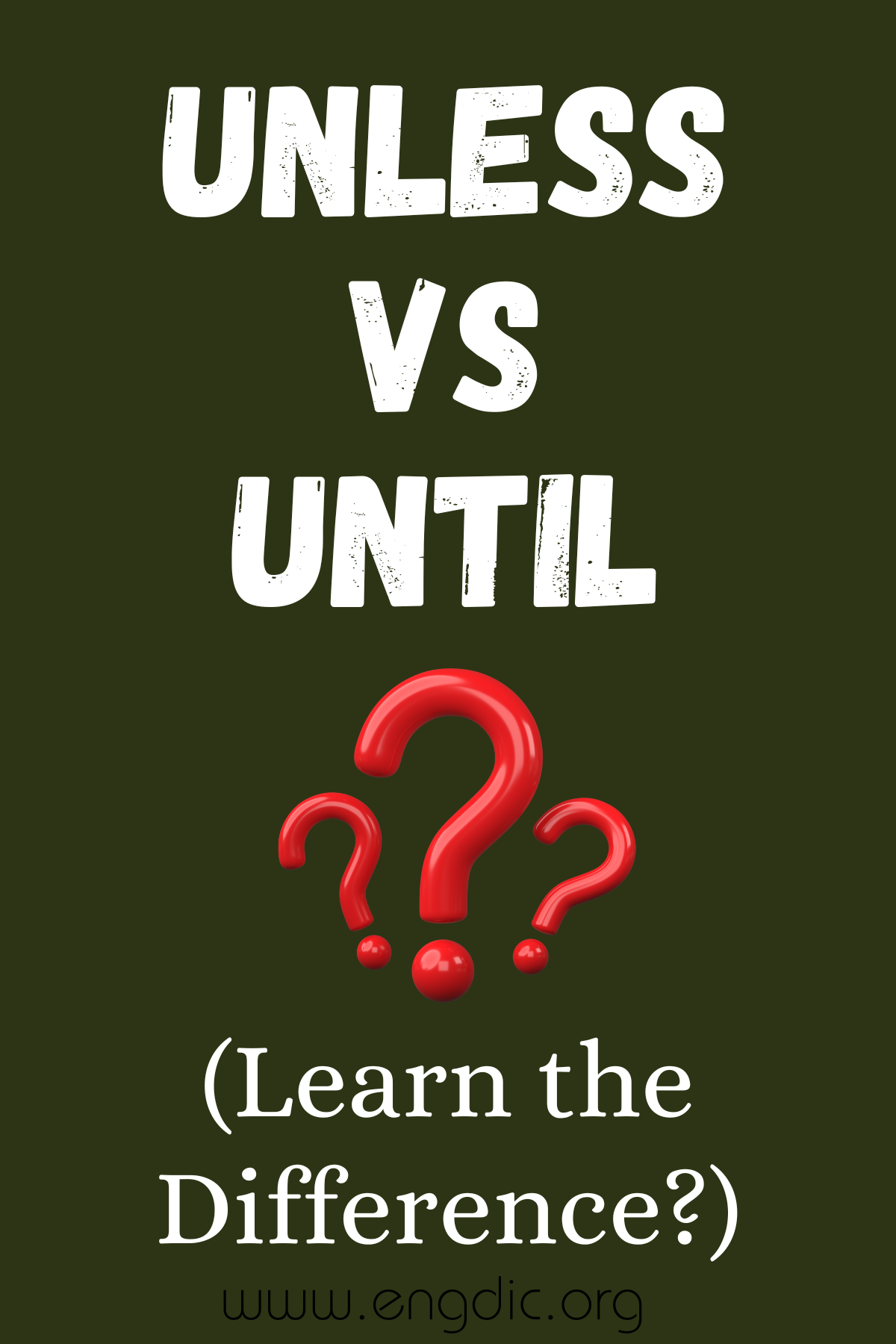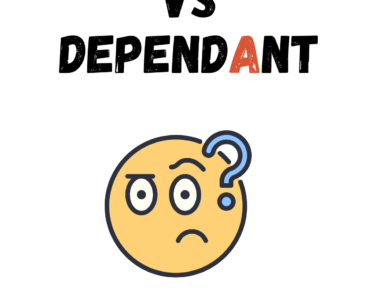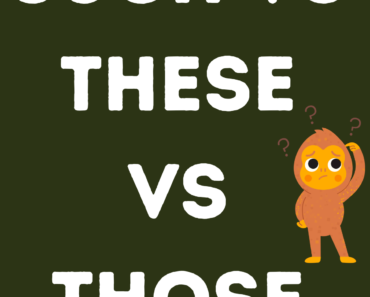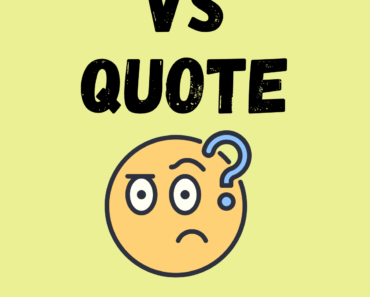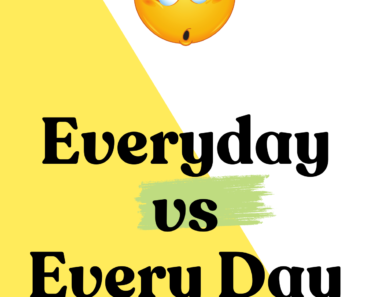While “unless” and “until” may seem similar, they serve distinct purposes in the English language. “Unless” is a conditional conjunction used to describe a situation that will happen only if a condition isn’t met. On the other hand, “until” is a preposition or conjunction that indicates the duration of time before a particular moment or event occurs.
The difference lies in how they frame conditions and time. “Unless” sets conditions that must be avoided, whereas “until” marks the end of a time period.
Unless
Definition:
“Unless” is a conjunction used to indicate a condition that must be met to avoid an outcome. It essentially means “if not.”
Usage:
- Condition:
- Example: “Unless you water the plants, they will wilt.”
- Explanation: The plants will wilt if they are not watered.
- Conditional Statements:
- Example: “I won’t go to the party unless John goes too.”
- Explanation: The speaker will attend the party only if John attends.
- Negation of Condition:
- Example: “You won’t pass the exam unless you study.”
- Explanation: The person must study to pass the exam.
Until
Definition:
“Until” is a preposition or conjunction that marks the point in time up to which an action or state continues.
Usage:
- Time Limitation:
- Example: “She stayed up until midnight finishing her project.”
- Explanation: The project work continued up to midnight.
- Temporal Condition:
- Example: “We waited until the rain stopped before leaving.”
- Explanation: The rain stopping is the condition that determined when they left.
- Future Time Reference:
- Example: “You have until Friday to submit your assignment.”
- Explanation: Friday is the deadline for assignment submission.
